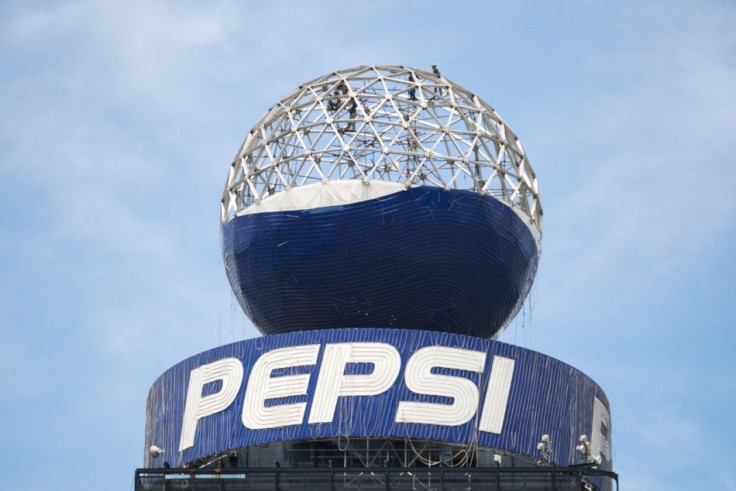PepsiCo Sees Big Profits As Consumers Venture Out Amid Pandemic
Consumer demand for snacks and beverages during the pandemic is paying off for PepsiCo (PEP) as the company reported a 20.5% net sales growth for the second quarter.
Net income was $2.36 billion, or $1.70 per share, up from $1.65 billion, or $1.18 per share a year earlier. Revenue was $19.2 billion.
PepsiCo saw strong earnings from its drinks business, which has a volume increase of 15%. This was spurred by sales to restaurants, stadiums, and colleges campuses, which doubled for the quarter – a segment that fell 7% a year earlier, CNBC reported.
The company’s Frito-Lay North America business unit saw organic revenue growth of 6%, while Quaker Food North America’s organic revenue fell 14%. Pepsi cited higher ingredient, freight, and labor costs for the losses, CNBC said.
At the same time, PepsiCo updated its full-year guidance, saying it now expects to deliver a 6% organic revenue growth and 11% core constant currency EPS growth for fiscal 2021. The company previously set its guidance for mid-single digital growth.
“Moving forward, we remain focused on winning in the marketplace and building competitive advantages that will position us well as consumer habits and preferences evolve over time,” PepsiCo Chairman and CEO Ramon Laguarta said in a statement.
Coca-Cola reported its first-quarter earnings on April 19, showing net revenue growth of 5% to $9 billion. Organic revenues grew by 6%, with EPS declining 19% to $0.52.
Shares of PepsiCo on Tuesday were trading at $153.04 as of 1:28 p.m. ET, up $3.53, or 2.36%.

© Copyright IBTimes 2025. All rights reserved.





















